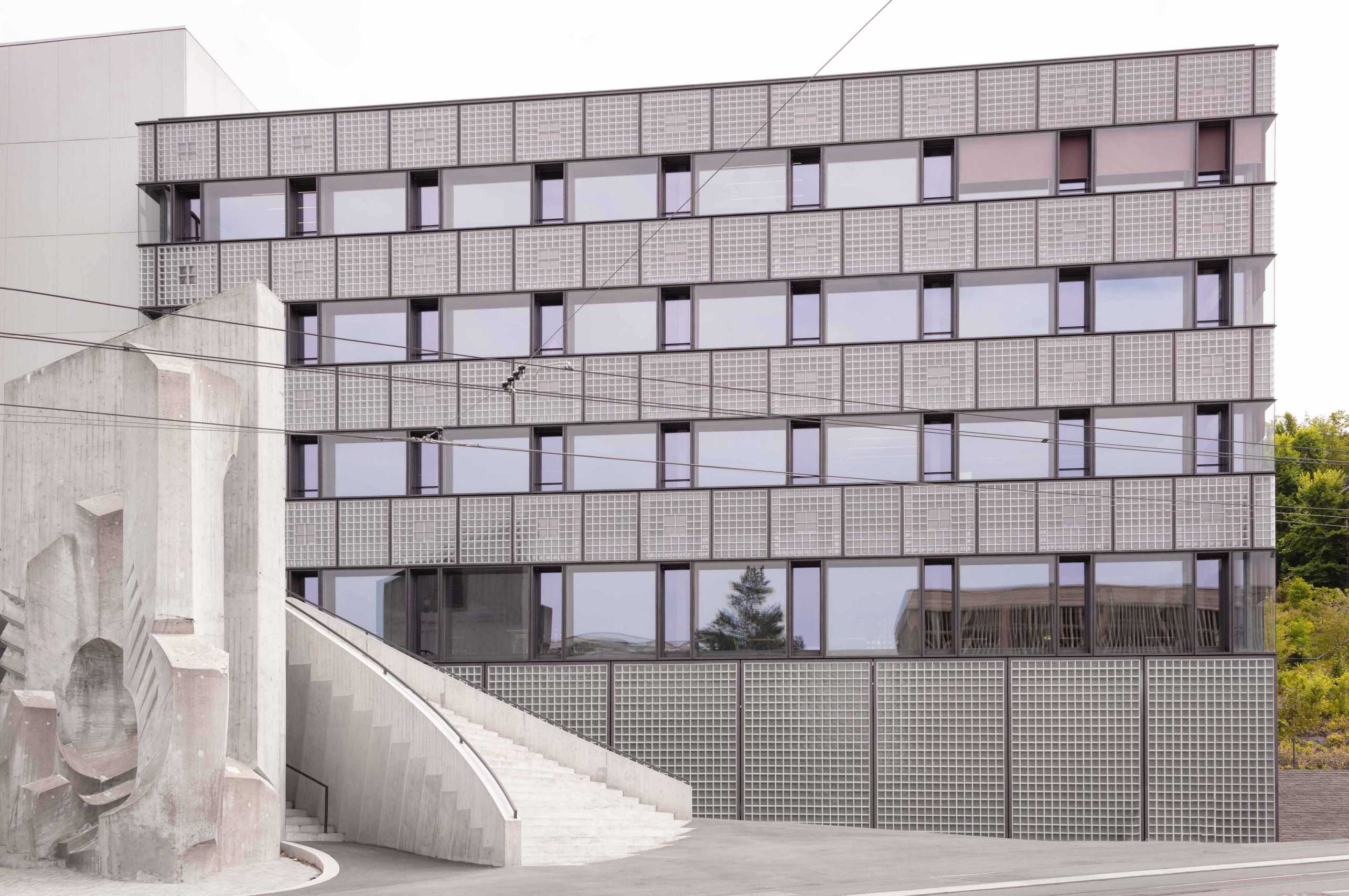The Centre
The Competence Centre for Rehabilitation Engineering and Science (RESC) coordinates ETH Zurich's Rehab Initative by actively hosting and expanding the network, promoting interdisciplinary research and exchange, establishing contemporary education programmes, and supporting knowledge transfer to facilitate an integrated and holistic rehabilitation and inclusion approach. RESC is a nexus of expertise from academia, hospitals, industry, government, healthcare, disability organizations and other NPOs with the aim of shaping the future of rehabilitation.
Persons with hereditary or congenital physical disabilities, with neuromusculoskeletal or psychosomatic injuries or poor ageing, face numerous challenges and obstacles in their everyday life, and can lose their autonomy. This affects their quality of life, prevents them from fully participating in and contributing to society, and creates a socioeconomic burden.
Rehabilitation is a centrepiece in treating persons with movement (i.e. neuro-musculoskeletal) impairments. However, conventional rehabilitation has reached an impasse, leaving persons with chronic deficits, which limit their independence and quality of life, and cause numerous secondary complications that often generate high long-term costs. Additionally, these interventions focus mainly on individuals in the employable age, while demographic changes result in an increasing number of elderly persons with physical impairments.
Currently, patients are seen and treated by medical staff for specified periods, and are then lost track of, until they are admitted again to a clinical service with declined function or secondary complications – sometimes no longer reversible. This happens later than should be and by different specialists at different locations without a clear tracking of individual treatment and status.
Thus, the current approach to rehabilitation is highly fragmented in time and in space. Furthermore, acceptance for novel treatments and technologies by patients, health care providers and the public is rather low. The high financial burdens associated with the fragmentation of rehabilitative processes prevent an optimized, long-term, independence-oriented treatment of patients and care of people with movement impairments. Furthermore, technology and methods for facilitating inclusion is an under-researched area.
The aim is to transition from the current focal, short-term interventions and insights of a fragmented system to long-term solutions offering personalized prevention and prediction, earliest possible and continuous therapeutic treatment, assistance in the home and work environments.
